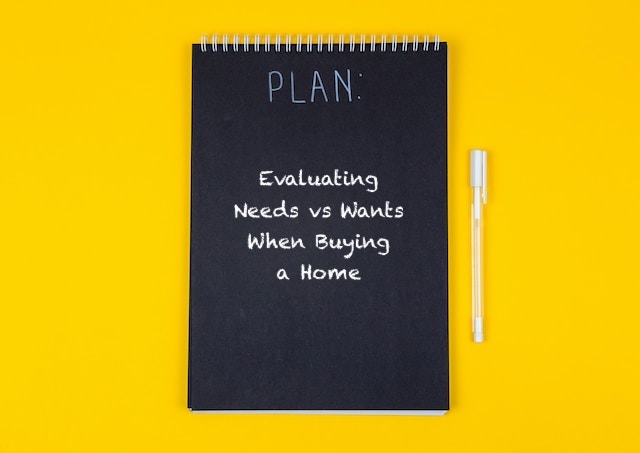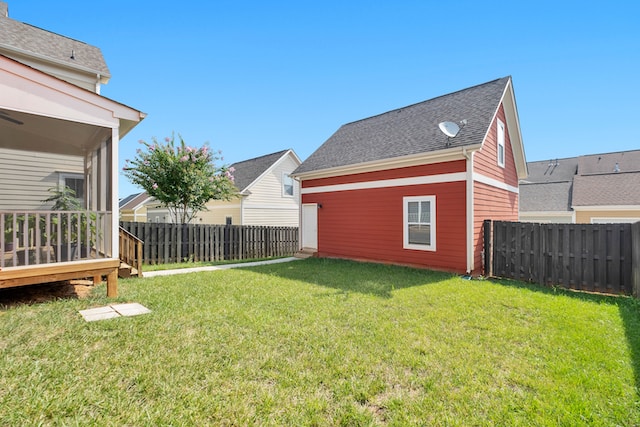Landlord Blog
Education and news for smart DIY landlords!
How to Evaluate Your Needs and Wants as a Home Buyer

Planning to buy a home? As a home buyer, it's crucial to strike a balance between your needs and wants to ensure that you make a well-informed and practical decision. Distinguishing between these two categories can guide you in finding a home that meets your requirements while staying within your budget.
If you need some advice, we prepared this on evaluating your needs and wants.
Understanding Needs vs. Wants
Before getting into the evaluation process, first, you need to understand the distinction between needs and wants.
Needs are the essential features and characteristics that a home must have to meet your functional requirements and lifestyle. These are the non-negotiable aspects that you cannot compromise on.
Wants, on the other hand, are the desirable features that would enhance your living experience but are not essential for the basic functionality of the home.
1. Prioritize Your Needs
Start by making a list of your needs. Consider factors like location, the number of bedrooms and bathrooms, overall square footage, and essential amenities such as a functional kitchen, heating and cooling systems, and adequate storage space.
Location is often a top priority, so consider its proximity to work, schools, public transportation, and other essential services.
2. Set a Realistic Budget
Your budget will play a significant role in determining what you can afford and what compromises you might need to make. Identify the maximum amount you're willing to spend on a home, factoring in not only the purchase price but also additional costs like property taxes, insurance, and maintenance. Having a clear budget will help you make practical decisions and avoid falling in love with a home that's beyond your financial reach.
3. Identify Non-Negotiables

Within your list of needs, identify the non-negotiable aspects. These are the features or characteristics that you cannot compromise on.
For example, if having a backyard is essential for your family, then it becomes a non-negotiable need. By identifying these priorities, you can quickly filter out homes that don't meet your fundamental requirements.
4. Consider Your Future Plans
Think about your future plans and how they might impact your housing needs. Are you planning to start a family? Do you anticipate working from home more often? These considerations can help you project your needs into the future and prevent you from outgrowing your home too quickly.
5. Evaluate Your Wants
Once you've established your needs, you can move on to evaluating your wants. Wants can include features like a swimming pool, a large backyard, granite countertops, or a walk-in closet.
While these features can enhance your living experience, they shouldn't take precedence over your needs. Prioritize your wants based on what would genuinely enhance your lifestyle and make you happy.
6. Be Flexible
Realize that finding a home that ticks off every box on your list might be challenging, especially within your budget. Be prepared to make some compromises, but see to it that these compromises don't compromise your core needs.
7. Work with a Real Estate Agent
A knowledgeable real estate agent can be an invaluable asset in the home buying process. They have experience in helping buyers evaluate their needs and wants, and they can provide insights into what's realistic in the current market. They can also guide you towards homes that align with your priorities.
Final Thoughts
Evaluating your needs and wants as a home buyer is a thoughtful and strategic process. At the end of the day, it helps to be flexible, seek professional guidance, and focus on finding a home that not only meets your immediate requirements but also offers a solid foundation for your future.
